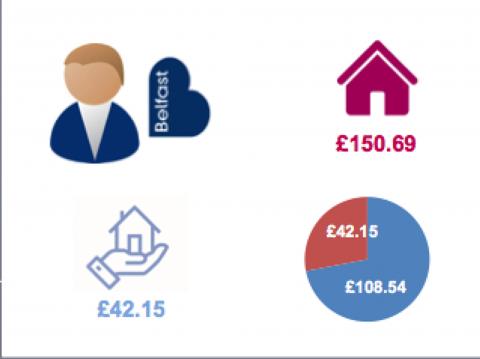Scottish Inquiry into impact of welfare reform on private rented sector

The Scottish Parliament’s Social Security Committee has called for views on how the welfare system works for people in rented housing. The Committee intends exploring how changes to the social security system are impacting on tenants and landlords.
Understanding the impact of welfare reform on private tenants
In addition to seeking evidence from experts and from organisations representing tenants and landlords, the Committee expressly wishes to speak to people with lived experience of the benefits system. The Committee has drawn up a list of questions to guide responses.
- How have changes to the Local Housing Allowance impacted on the private rented sector, particularly for the affordability of rents for young people
- To what extent have UK welfare reform measures impacted on private landlords’ willingness to let to those in receipt of social security benefits?
- How does the administration of Universal Credit Housing Costs impact on the ability of tenants to pay their rent and landlords to administer rent payments?
- How do Universal Credit Scottish Choices and Discretionary Housing Payments impact on the way landlords and tenants handle Universal Credit housing costs?
- In all of the above, what improvements could be made to reserved and devolved systems including the way they interact with each other?
The closing date for written submissions is 18 March 2019. Written responses to the Committee’s Inquiry will be available online.
Welfare reform’s impact on private renting in Northern Ireland
At our annual private renting conference in November 2018, Karly Greene, NIHE’s Head of Research and Equality delivered a considered presentation on the impact of welfare reform on the private rented sector in Northern Ireland. This presentation (Karly Greene NIHE Welfare Reform presentation Powerpoint) looked at trends in usage and affordability in this sector. She used the example of “Sam", a young single man renting in Belfast who faced rent shortfalls of over £470 per month due to a combination of high rents and restrictions on housing benefit support, as shown in the graphic accompanying this article.






